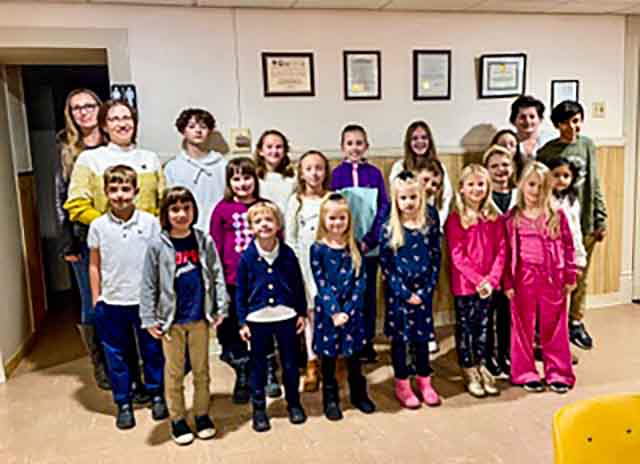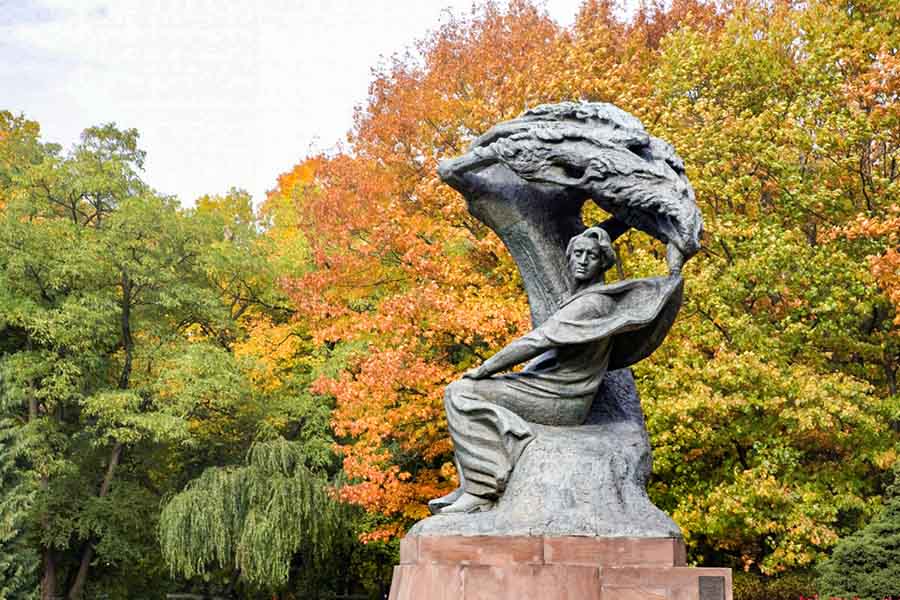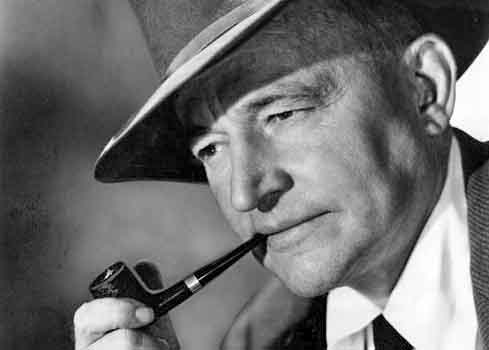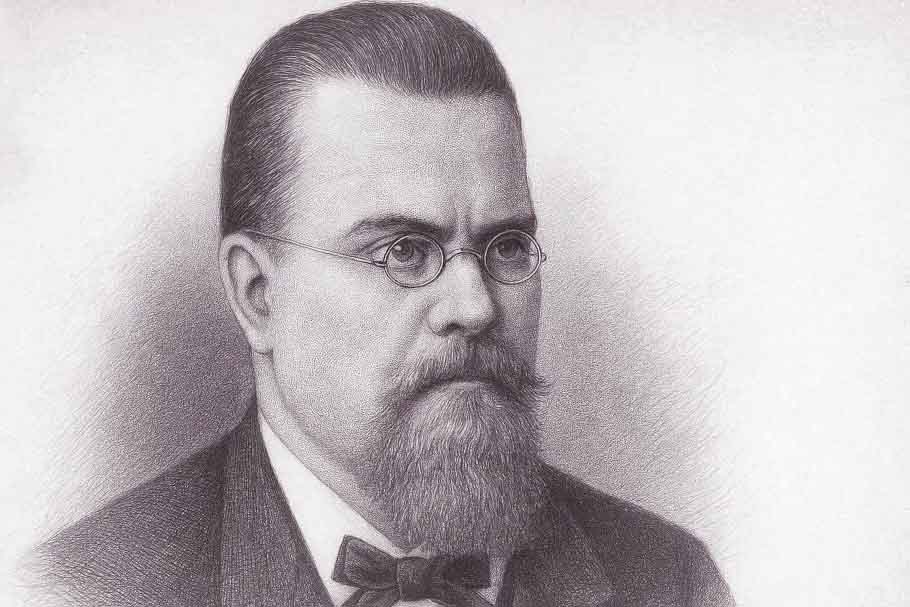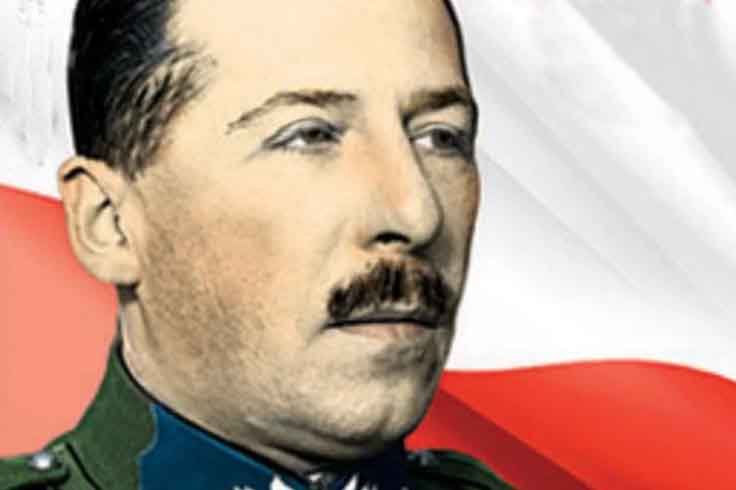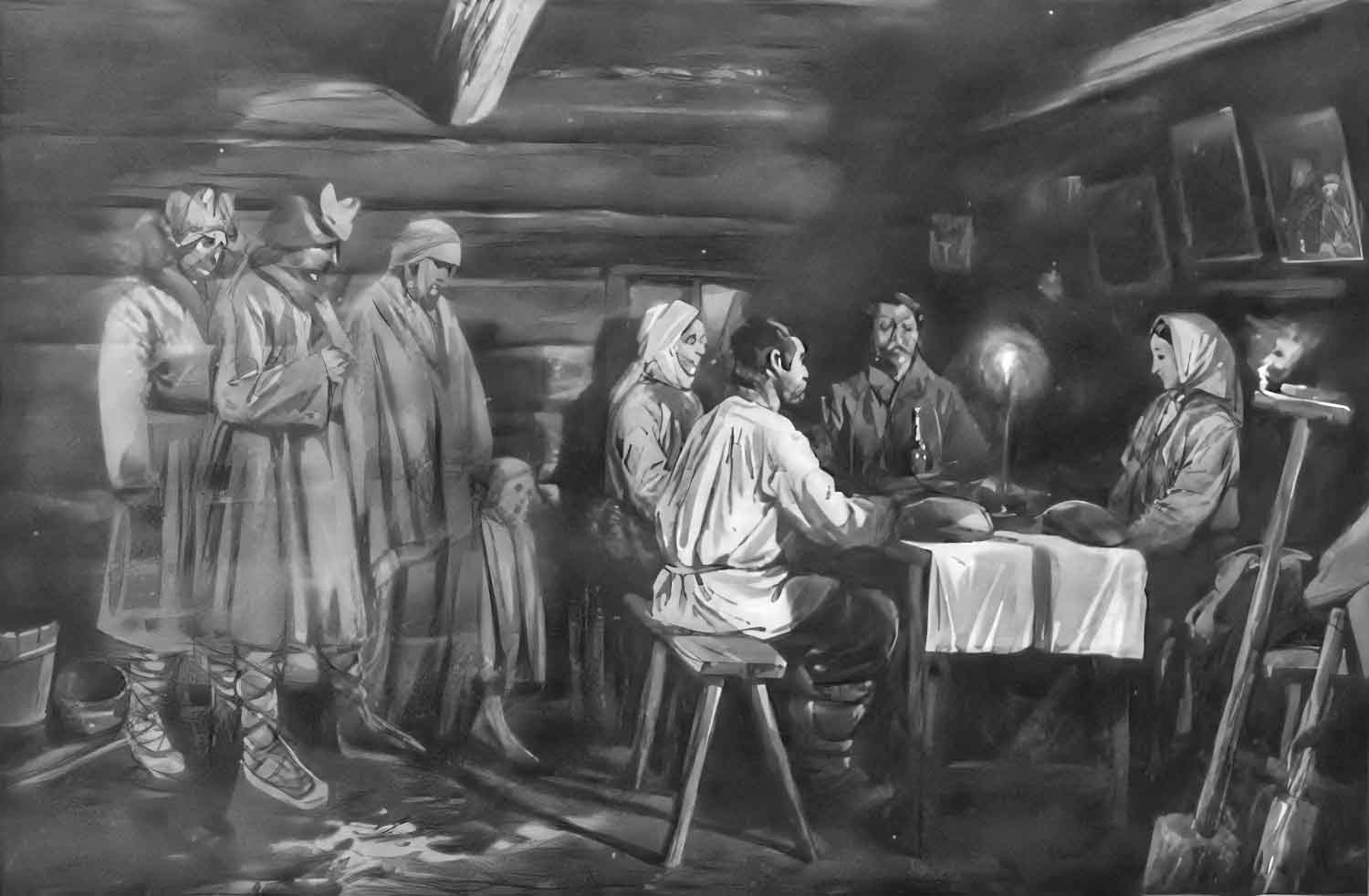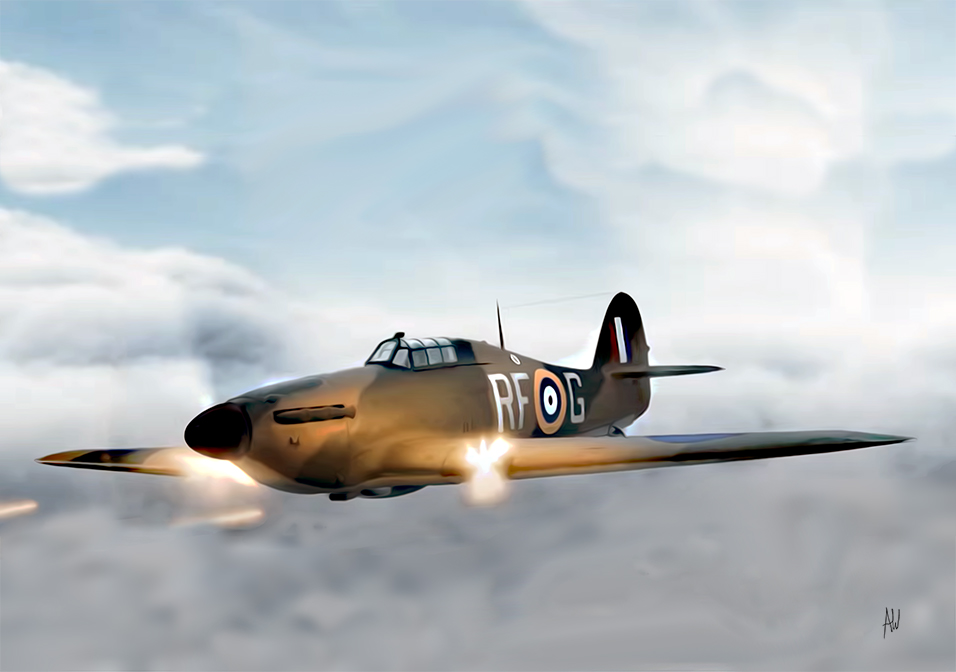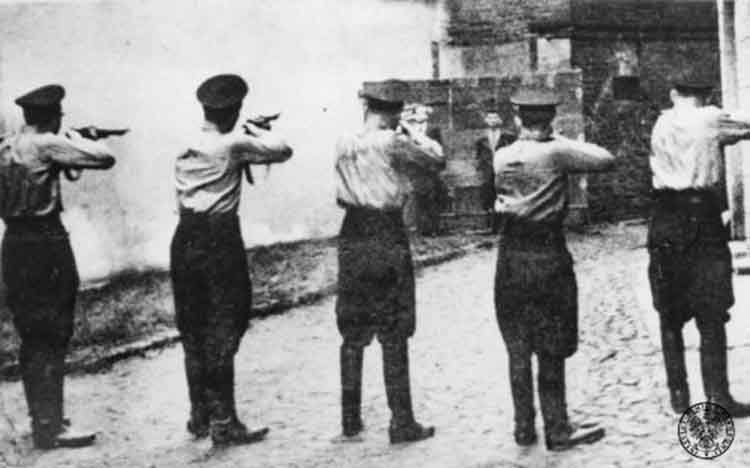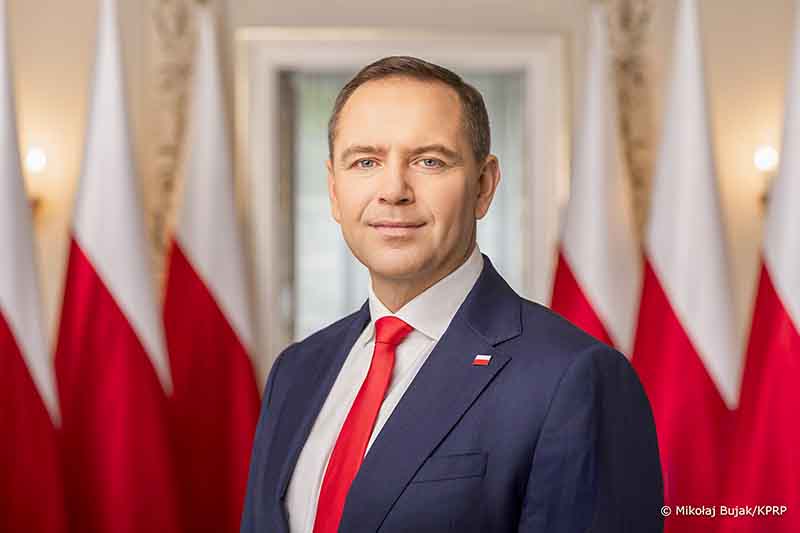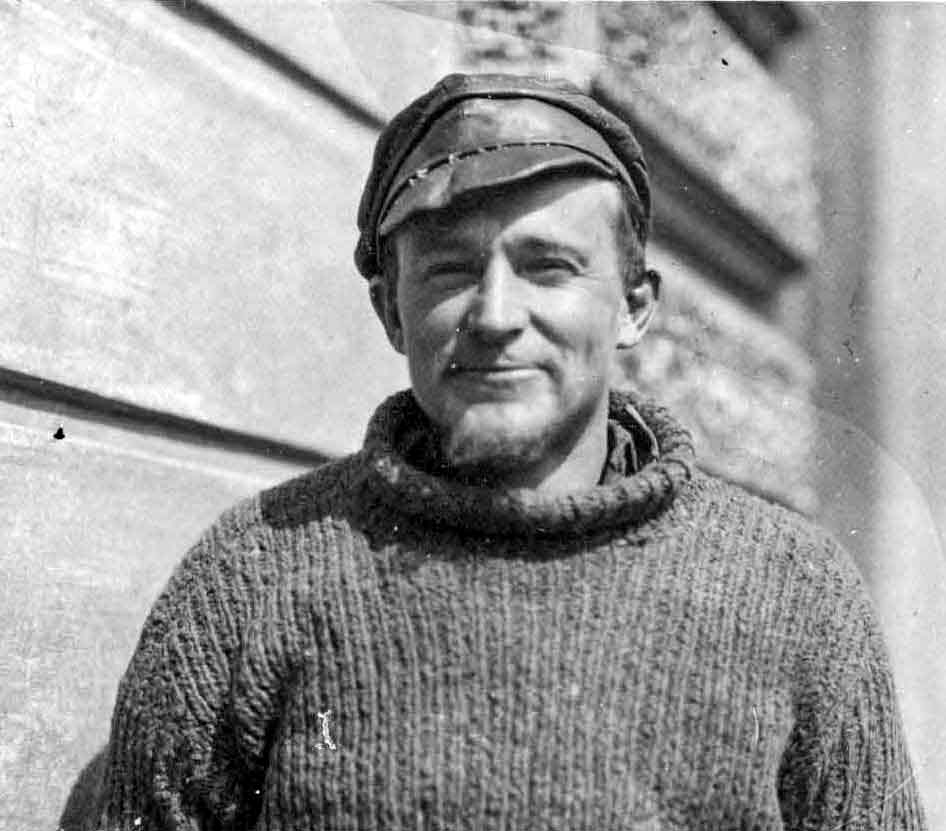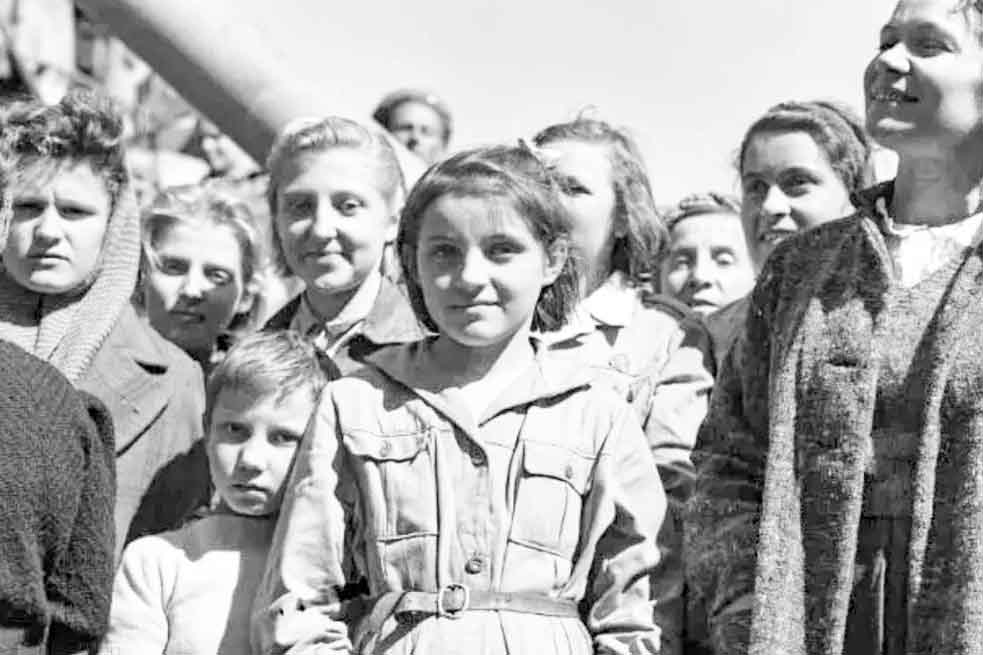For generations, the Polish community in the US has built its place through language, faith, and education—from powerful Milwaukee parishes to today's more modest Saturday schools, where successive generations continue to learn Polish letters, history, and identity. Initiatives like the revived John Paul II School are becoming the last bastion of Polishness, a space for encounter, community, and hope that tradition will survive in the hearts of the youngest.
Read more... Reading time 7 min.This year's Nobel Prize in Chemistry rewards... holes. Three scientists—Kitagawa, Robson, and Yaghi—have created metal-organic frameworks (MOFs): materials with enormous internal surface areas that can store gases, filter toxins, and "extract" water from the air. This is a breakthrough that could transform chemistry and environmental technologies.
Read more... Reading time 10 min.The history of the Chopin Competition tells the story of the birth of a tradition that has survived wars, political turmoil, and technological revolutions, yet has lost none of its magic: it still has the ability to unite millions of listeners, evoke powerful emotions, and discover new talents.
Read more... Reading time 9 min.On March 2, 1933, shortly after Franklin D. Roosevelt's inauguration, New York saw the premiere of "King Kong." Few would have guessed that the man who pilots the plane attacking the beast in the film's finale would return to uniform and play a role in two of the most challenging theaters of World War II: China and the Southwest Pacific.
Read more... Reading time 6 min.On October 28, 1845, Zygmunt Wróblewski was born, one of the most outstanding Polish physicists, a pioneer of cryogenics, who, together with Karol Olszewski, was the first in history to liquefy the gases constituting the Earth's atmosphere.
Read more... Reading time 4 min.Lisbon – a city of spies, emigrants, and secret couriers. It is here that Jan Kowalewski, a former codebreaker from the 1920s, creates "Continental Action" – a Polish intelligence project intended to dismantle Hitler's alliance from within. He meets Germans, talks with Italians, warns the world about Operation Barbarossa, and fights for a Europe that is beyond saving.
Read more... Reading time 10 min.Although Christianity has been alive in Poland since the end of the 10th century, old pagan traditions related to the commemoration of the dead continued to intertwine with the faith in the Risen Christ for a long time.
Read more... Reading time 5 min.Poles comprised only five percent of the RAF's forces in the Battle of Britain, but they were responsible for over ten percent of all German aircraft shot down. Their courage and effectiveness helped save Britain and changed the course of World War II.
Read more... Reading time 6 min.In the autumn of 1939, Pomerania became the site of one of the most forgotten crimes of World War II, as neighbors turned weapons against neighbors and forests were turned into mass graves. "The Pomeranian Massacre"—that's how we now call this tragedy, which for decades remained in the shadow of Katyn. It's a story of human betrayal, planned genocide, and a memory that still cries out for justice.
Read more... Reading time 14 min.Waldemar Biniecki appeals for the inclusion of the Polish diaspora, especially in America, in Polish public life. He emphasizes its historical contributions and its past marginalization. He calls for reforms—parliamentary representation, the activation of consulates, and cooperation strategies—to harness the diaspora's potential in politics and national defense.
Read more... Reading time 8 min.In the collective imagination, "King Kong" is "Beauty and the Beast," the Empire State Building, and machine guns on the wings of a biplane. Few remember that the actor playing the pilot in the 1933 finale was actually an aviator who had nearly died in two wars.
Read more... Reading time 7 min.I feel connected to Chopin's Polishness and try to showcase it as fully as possible. The most important thing is not to lose the true Chopin," says Yehuda PROKOPOWICZ, a pianist from Krakow, one of four Poles who advanced to the second stage of the 19th Chopin Competition in Warsaw.
Read more... Reading time 7 min.On October 30, 1944, the American transport ship USS General George M. Randall sailed into New Zealand's Wellington Bay. On board were 733 Polish children, along with 105 caregivers, who had managed to escape from Siberia.
Read more... Reading time 5 min.


